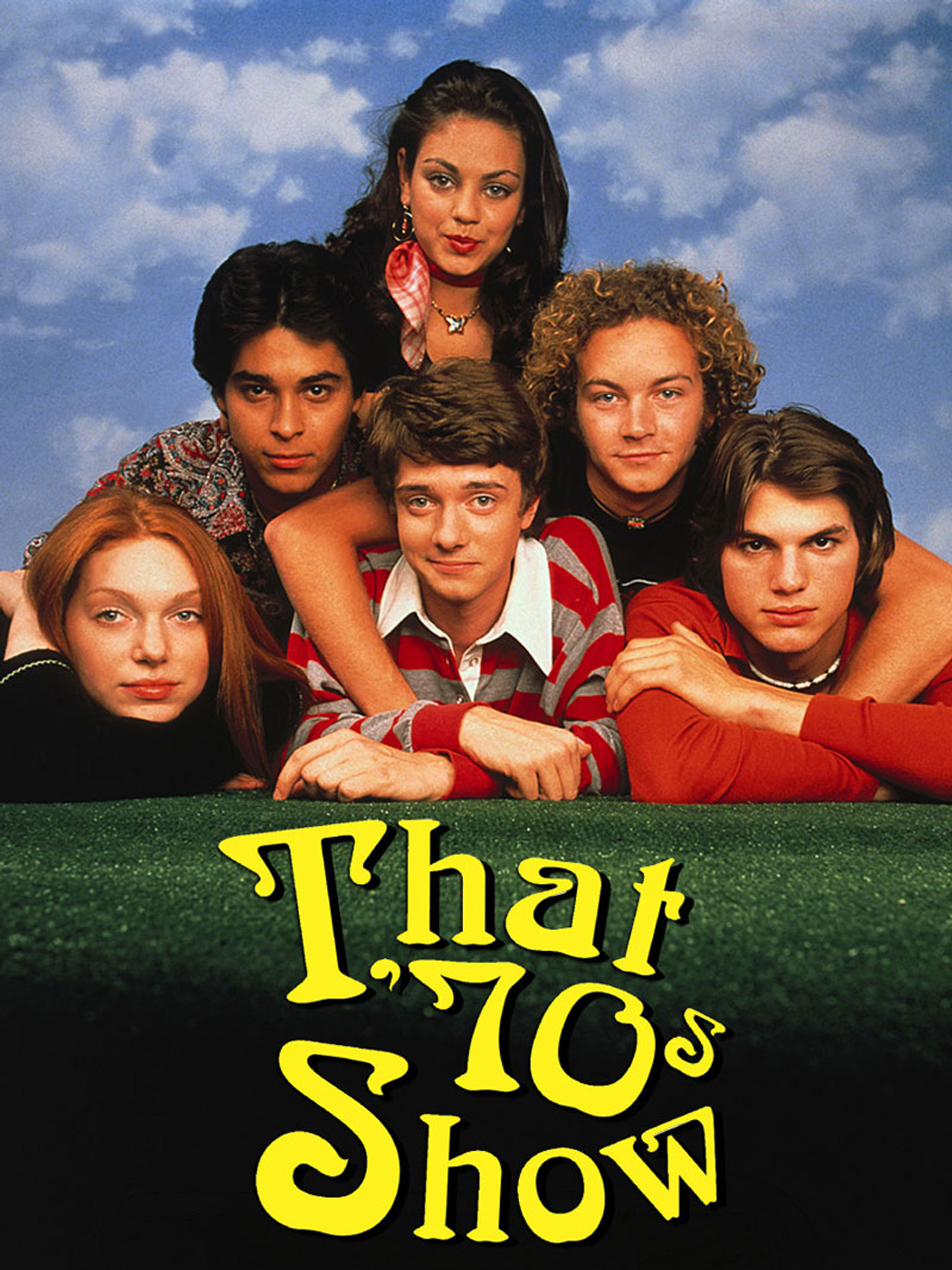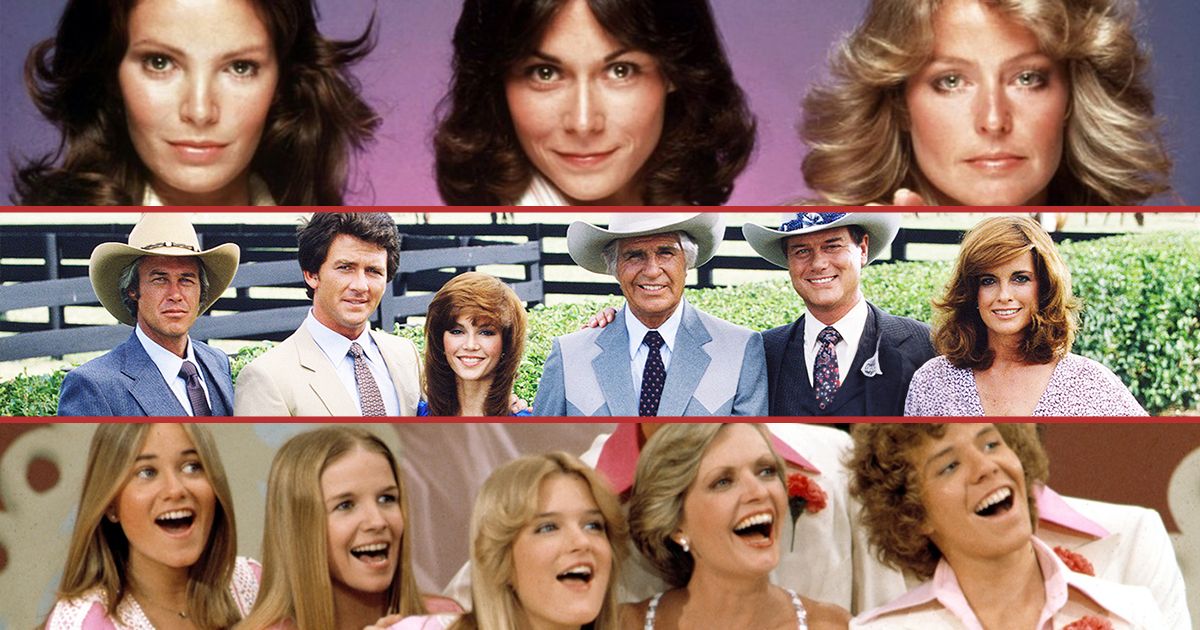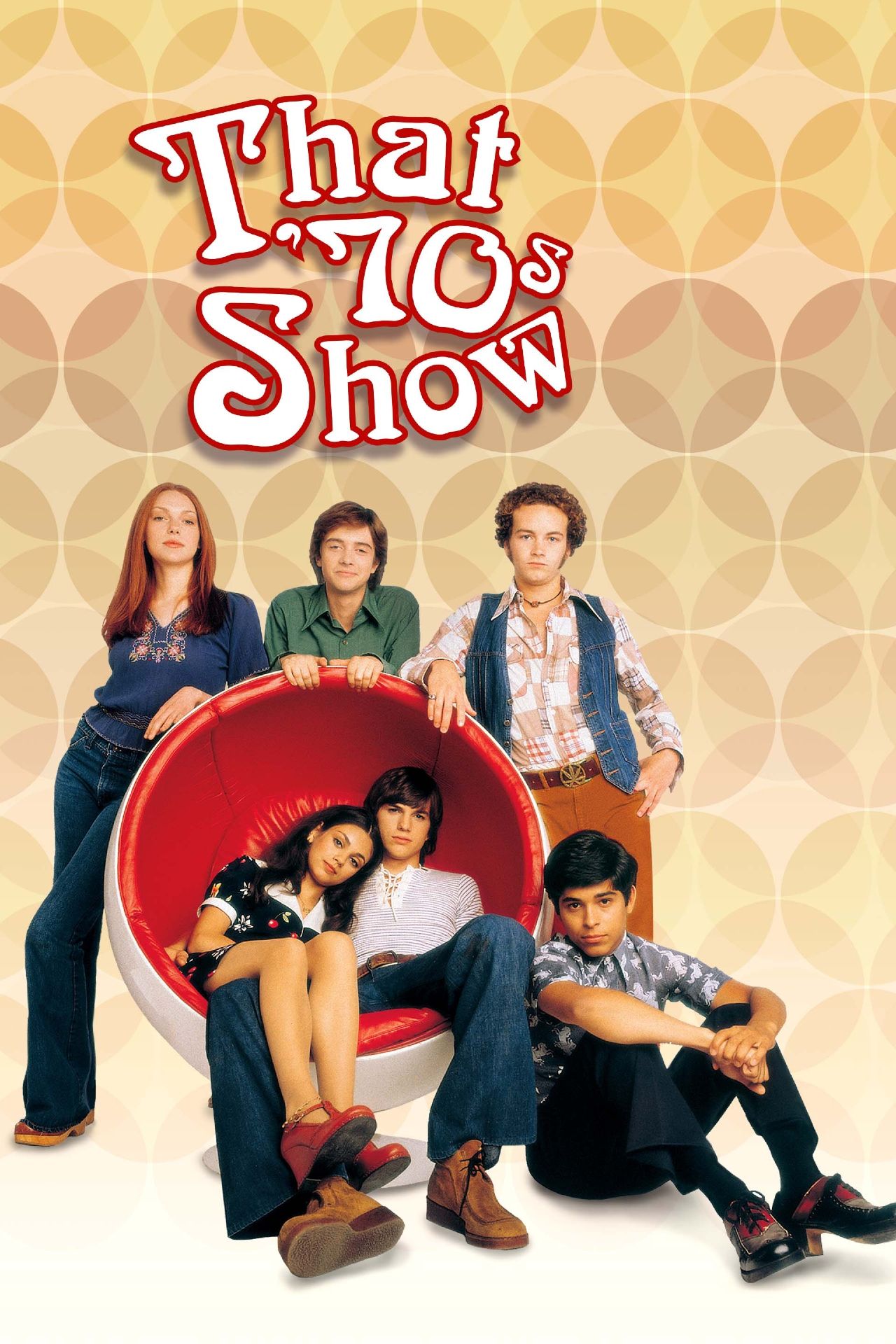The Golden Era Of TV: Exploring The Iconic 70s Shows
Television in the 70s was a cultural phenomenon that reshaped the entertainment landscape forever. It was a decade that introduced groundbreaking storytelling, memorable characters, and influential themes that resonated with audiences worldwide. The 70s shows were more than just entertainment—they were reflections of societal changes and a mirror to the evolving values of the time.
As we dive into the world of 70s TV shows, it's fascinating to see how these programs set the stage for modern television. From sitcoms to dramas, variety shows to game shows, the 70s was a decade of diversity and creativity. This era laid the foundation for many of the genres we enjoy today.
For fans of classic television, revisiting the 70s shows offers a nostalgic trip down memory lane. But more importantly, it provides insight into how television has evolved over the decades, influencing pop culture and media consumption patterns. Let's explore why the 70s remains one of the most celebrated eras in television history.
Read also:Courtney Smith Actress A Rising Star In The Entertainment Industry
Table of Contents
- Introduction to 70s TV Shows
- Popular Genres of the 70s
- Iconic TV 70s Shows
- Cultural Impact of 70s Television
- Key Characters and Their Legacy
- Behind the Scenes of 70s Shows
- Technology Evolution in 70s TV
- Fan Favorite 70s Shows
- The Legacy of 70s Shows Today
- Conclusion: Why 70s Shows Matter
Introduction to 70s TV Shows
The 1970s marked a pivotal moment in television history, characterized by a surge in creativity and innovation. TV 70s shows were groundbreaking in their approach to storytelling and character development. This era saw the rise of sitcoms that tackled social issues, dramas that explored complex narratives, and variety shows that brought together diverse talents.
One of the defining features of 70s TV shows was their ability to reflect the cultural and political climate of the time. Shows like "All in the Family" and "The Mary Tyler Moore Show" addressed topics such as civil rights, gender equality, and political unrest, making television a platform for meaningful discussions.
Moreover, the 70s was a decade of experimentation. Networks were willing to take risks, resulting in a wide range of programming that catered to different tastes and demographics. This diversity contributed to the enduring popularity of 70s shows, as they continue to be celebrated for their originality and impact.
Popular Genres of the 70s
During the 70s, several genres dominated the television landscape, each offering unique entertainment value. Here are some of the most popular genres of the decade:
Sitcoms
Sitcoms were at the heart of 70s television, with shows like "Happy Days," "Three's Company," and "The Jeffersons" capturing the hearts of audiences. These programs often blended humor with social commentary, creating a perfect mix of entertainment and awareness.
Dramas
Dramas like "Kojak" and "Starsky & Hutch" brought crime-fighting heroes to life, showcasing gritty urban settings and compelling storylines. These shows set the standard for future crime dramas and influenced the genre for decades to come.
Read also:Drill Sergeant Ermey The Man Behind The Motivation
Variety Shows
Variety shows, such as "The Carol Burnett Show" and "The Sonny & Cher Comedy Hour," offered a mix of comedy sketches, musical performances, and guest appearances. They were a staple of 70s television, providing a platform for diverse talents and showcasing the era's vibrant entertainment scene.
Iconic TV 70s Shows
No discussion of 70s TV would be complete without mentioning the iconic shows that defined the decade. Here are a few that stand out:
- All in the Family
- M*A*S*H
- The Brady Bunch
- Little House on the Prairie
- Wonder Woman
Each of these shows contributed to the rich tapestry of 70s television, leaving a lasting legacy that continues to inspire new generations of viewers.
Cultural Impact of 70s Television
The cultural impact of TV 70s shows cannot be overstated. They played a crucial role in shaping public opinion and influencing societal norms. For example, "All in the Family" challenged viewers to confront uncomfortable truths about racism and prejudice, while "M*A*S*H" provided a poignant commentary on the Vietnam War.
Additionally, the 70s saw the rise of strong female characters in television, breaking away from traditional stereotypes. Shows like "The Mary Tyler Moore Show" and "Charlie's Angels" celebrated women's independence and empowerment, paving the way for more diverse representations in media.
Key Characters and Their Legacy
Many characters from 70s shows have become cultural icons, remembered for their wit, charm, and impact. Archie Bunker from "All in the Family" remains one of the most memorable characters, embodying the complexities of a working-class man grappling with changing times. Similarly, Hawkeye Pierce from "M*A*S*H" became synonymous with humor and humanity amidst the chaos of war.
Table: Key Characters from 70s Shows
| Show | Character | Actor |
|---|---|---|
| All in the Family | Archie Bunker | Carroll O'Connor |
| M*A*S*H | Hawkeye Pierce | Alan Alda |
| The Mary Tyler Moore Show | Mary Richards | Mary Tyler Moore |
Behind the Scenes of 70s Shows
Behind the scenes, the production of 70s shows was a collaborative effort involving talented writers, directors, and actors. The creative teams worked tirelessly to craft stories that resonated with audiences and pushed the boundaries of traditional television. Interviews and documentaries from the era provide valuable insights into the challenges and triumphs of producing these iconic programs.
Challenges Faced by Producers
Producers in the 70s faced numerous challenges, including censorship, budget constraints, and the need to appeal to diverse audiences. Despite these obstacles, they managed to create content that stood the test of time, proving that quality storytelling transcends limitations.
Technology Evolution in 70s TV
The 70s also witnessed significant advancements in television technology, which greatly enhanced the viewing experience. Color TV became more widespread, allowing audiences to enjoy vibrant visuals that added depth to storytelling. Additionally, improvements in sound quality and special effects opened up new possibilities for creative expression.
These technological innovations laid the groundwork for future developments in television, ensuring that the 70s would be remembered as a transformative decade for the medium.
Fan Favorite 70s Shows
Asking fans to name their favorite 70s shows often leads to spirited debates, as there are so many memorable programs to choose from. Shows like "The Waltons," "The Rockford Files," and "The Bob Newhart Show" consistently rank high on viewers' lists, each offering something unique to the audience.
Fan engagement with these shows was intense, with viewers eagerly anticipating new episodes and discussing plotlines with friends and family. This level of enthusiasm contributed to the enduring popularity of 70s TV shows.
The Legacy of 70s Shows Today
The legacy of TV 70s shows continues to influence modern television, with many contemporary programs drawing inspiration from the classics. Remakes and reboots of beloved 70s shows have also gained traction, allowing new audiences to experience the magic of these iconic programs.
Moreover, the themes and messages conveyed in 70s shows remain relevant today, reminding us of the power of television to effect change and foster understanding. As we look back on this golden era of television, we are reminded of its lasting impact on our cultural landscape.
Conclusion: Why 70s Shows Matter
In conclusion, TV 70s shows hold a special place in the annals of television history, celebrated for their creativity, innovation, and cultural significance. They set the stage for modern television, influencing genres, storytelling techniques, and production standards.
We invite you to revisit these classic shows, share your favorite moments with others, and explore the rich history of 70s television. By doing so, you become part of a legacy that continues to inspire and entertain audiences around the world. Don't forget to leave a comment or share this article with fellow fans of classic TV!
Harry Osborn Actor: Exploring The Life, Career, And Impact Of A Beloved Spider-Man Villain
Why "Geek Charming" Film Is A Must-Watch For Every Movie Enthusiast
Two Broke Cast: Exploring The Phenomenon Of One Of The Most Entertaining Podcasts


